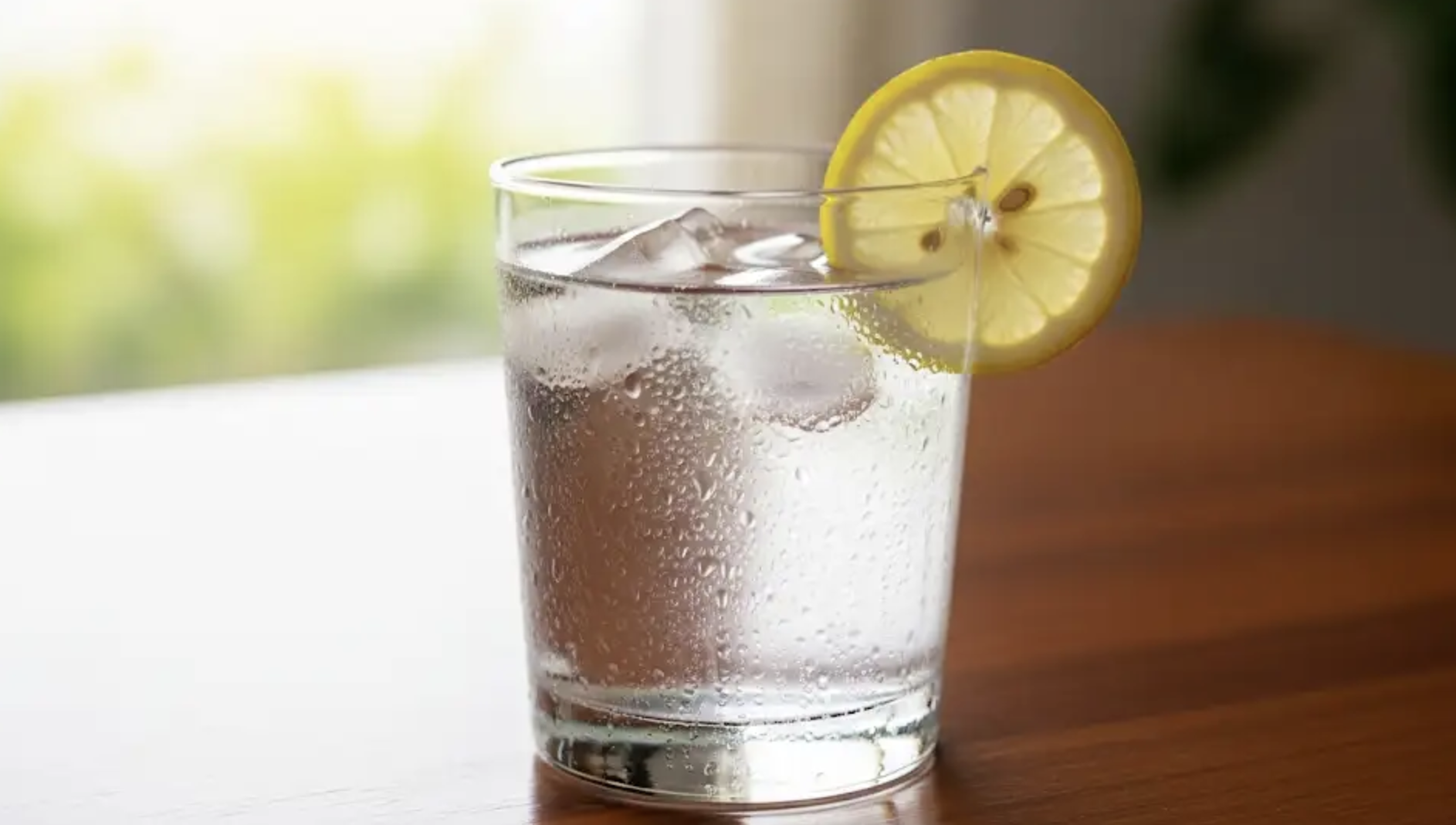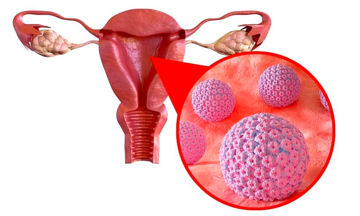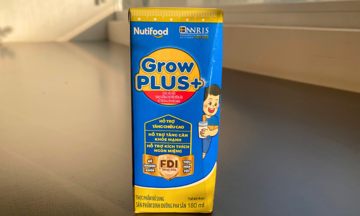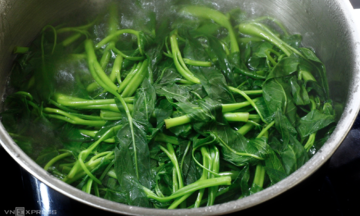Urinary stones are hard crystals that form in the urinary tract (kidneys, ureters, bladder, and urethra) due to the deposition and crystallization of substances like calcium, oxalate, uric acid, and others in the urine. To prevent urinary stones, Dr. Pham Cao Thap, from the Department of Urology at Tam Anh General Hospital in TP HCM, suggests the following 6 tips.
Drink enough water.
Drink at least two liters of water per day, depending on your physical activity. People who work outdoors in hot weather and sweat a lot need to drink more water. Water helps dilute minerals in the urine, preventing them from crystallizing into stones. Increased urine flow helps small stones move and pass out of the body more easily.
 |
Drinking enough water daily as recommended will help cleanse the body and prevent the formation of urinary stones. *Image generated by AI* |
Consume citrus fruit juices.
Citrus fruits (lemons, oranges) are rich in citric acid, which helps reduce stone formation by preventing the crystallization of calcium and oxalate, the two most common components of kidney stones. Consuming citrus fruit juices helps increase the concentration of citrate in the urine, inhibiting stone formation by binding to calcium, preventing crystallization and stone development.
Limit salt intake.
Consuming too much salt prevents calcium from being reabsorbed from the urine into the blood, increasing the concentration of calcium in the urine, which can lead to stone formation. Limiting salt keeps calcium levels in the urine lower, reducing the risk of stones.
Reduce animal protein.
Consuming too much animal protein, especially organ meats and red meat, can increase uric acid levels in the body, contributing to urinary stone formation. Consider replacing animal protein with plant-based protein from beans, nuts, and soy. Follow a healthy diet, rich in fiber, vegetables, and fruits to prevent stones.
Avoid oxalate-rich foods.
Limit foods rich in oxalate, such as spinach, beets, nuts, and tea, as oxalate can combine with calcium in the urine to form stones. Instead, increase your water intake and consume low-oxalate foods like fruits (bananas, papayas, watermelon, apples, grapes, pears, oranges, pineapple), vegetables, and dairy products.
Limit sugary drinks and caffeine.
Sugary drinks, especially carbonated soft drinks, can increase the risk of diabetes and high blood pressure, which are risk factors for kidney disease. These beverages also increase the risk of kidney stone formation, especially calcium oxalate stones. Caffeine can promote calcium excretion in the urine, potentially leading to the formation of calcium oxalate stones.
Ha Thanh












